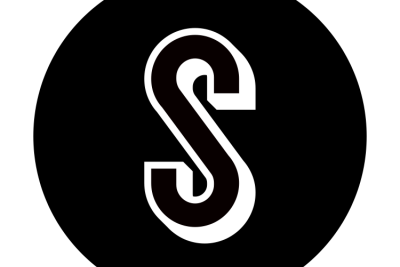The Feminist Library: “The Witches are Coming” and Academic Language

I grew up in Idaho and absolutely despised it. One of the worst parts was the lack of information that was given to me throughout my K-12 education. There are so many examples I can point to, but the strongest is that despite being bisexual, I didn’t wrap my head around what “gay” meant until the 8th grade. No one talked about it, no one told me and I couldn’t begin to be educated on it because I didn’t know being gay was something that existed. A classmate of mine brought up gay marriage during a discussion, and after being absolutely dumbfounded by the word, I sheepishly asked my mom what it meant after school.
This week, I read “The Witches Are Coming,” a collection of essays by Lindy West. West lives in Seattle, writes opinion pieces for The New York Times and has written two other books titled “Shrill: Notes from a Loud Woman” and “Shit, Actually: The Definitive, 100% Objective Guide to Modern Cinema.”
When I first started the book, I wasn’t too enthusiastic about it, but I am a little ashamed of that initial compulsion after finishing it. The introductory chapter talks about the term “Witch Hunt,” which has been used to deflect serious accusations. The chapter used a mix of serious information and comedy to display the information. This play between humor and fact remained present throughout the book. West’s book addressed topics such as the #MeToo movement, what feminism is, issues about media, abortion and more all while tying in common movies and TV shows everyone knows along with some jokes.
My initial unenthusiasm was because of the comedy. Feminism is a serious thing, so it should be taken seriously, right? Despite fighting against sexism, classism, racism, homophobia and so on, ideas from the left are often coded in writing that is too academic, too complicated, hard to understand or simply inaccessible. I often think about how that was the issue in Idaho. If I wasn’t receiving information about human beings existing and needing very basic rights, who’s to say anyone else in that classroom was? If that girl hadn’t brought up gay marriage in class, when would I have learned? No one needs to start with theory, sometimes all that is needed is the realization that the discomfort someone is experiencing is not unique to them.
This book was exactly what that little Idaho girl who asked her mom what “gay” meant, needed. Completely oblivious to her internalized misogyny in feeling she was superior to her peers for not wearing makeup, the Idaho girl needed to read a book about why labeling serial killers as charismatic is bad, classism in the “wellness” industry, how abortions are normal and how “Feminism is the collective manifestation of female anger.” She needed an accessible answer. West’s comedy makes the collection accessible, relatable, fun to read, but still thoroughly addresses problems we’re facing today.
As a journalism student, it was enjoyable to watch West’s journalistic background play into her essays. Throughout the book, there would be snippets of information about the media, her experience with it and how it affects the public. In the chapter “Leave Hell to the Devils,” West explained how Twitter envelops your life when you’re working for media.
Overall, this book was a page turner once I accepted that feminism doesn’t always need to be 100% serious. I got my copy at Elliot Bay Book Company and it is also available on West’s website.

